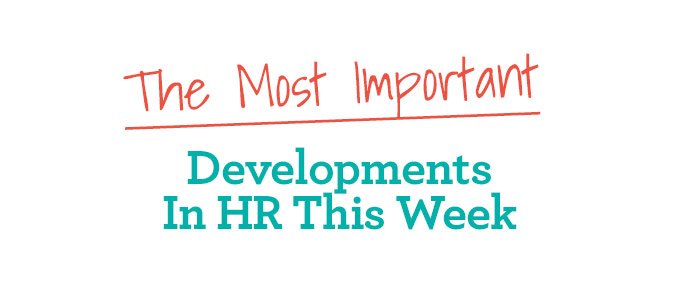
If you’ve ever walked down the street in Manhattan on a busy workday, you know how dangerous it can be to walk while texting or even walk while others are walking and texting. It’s a problem on city streets everywhere, and now it’s moving into the workplace. GM recently introduced a new HR policy that says it’s no longer acceptable to walk and talk or text. They’re saying it’s a hazard, and not just in the warehouse or on the manufacturing line. They’re talking about the corporate office, too. So no, Brad, you can’t text your way to a meeting anymore. You go, GM. Maybe it will catch on in other workplaces, and dare we say it, in cities, too. If cities can have ordinances about noise and smoking, can’t they ban walking and texting, too? Fast Company


















